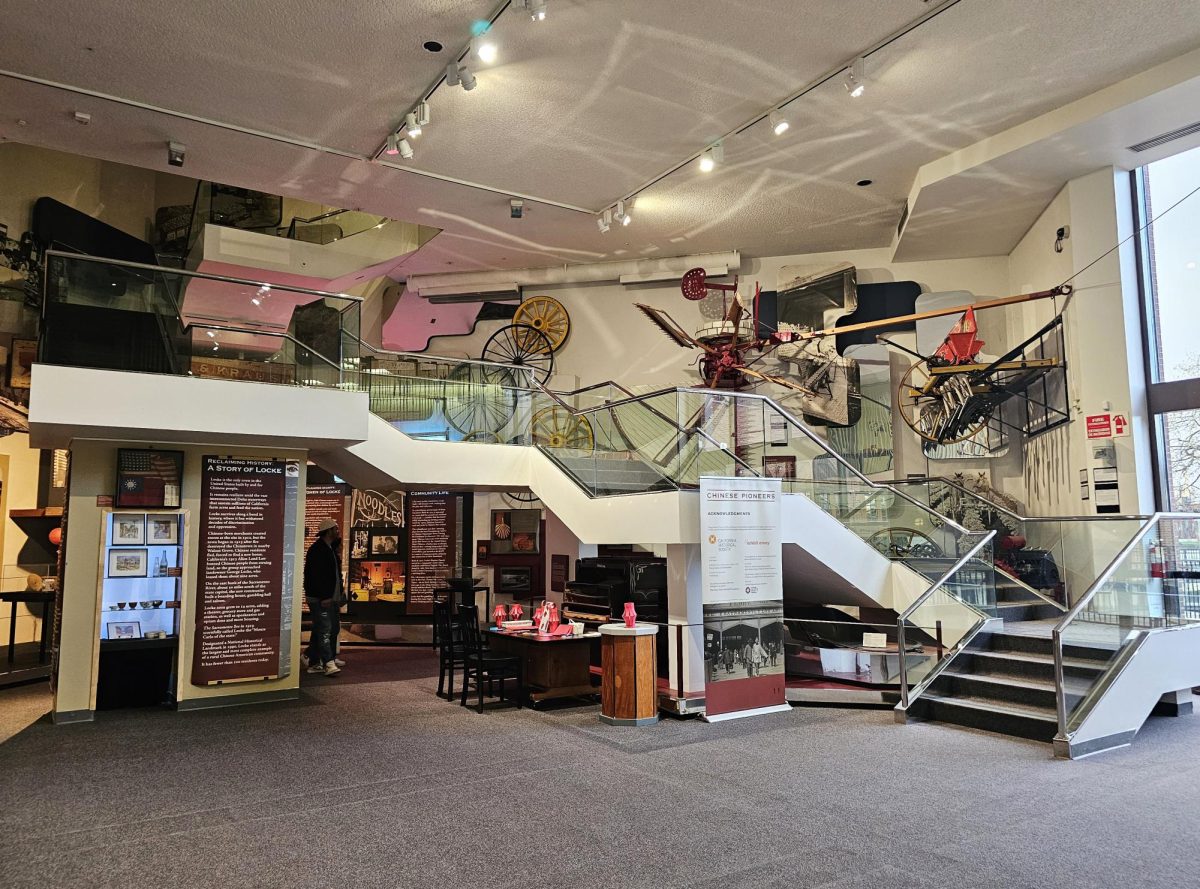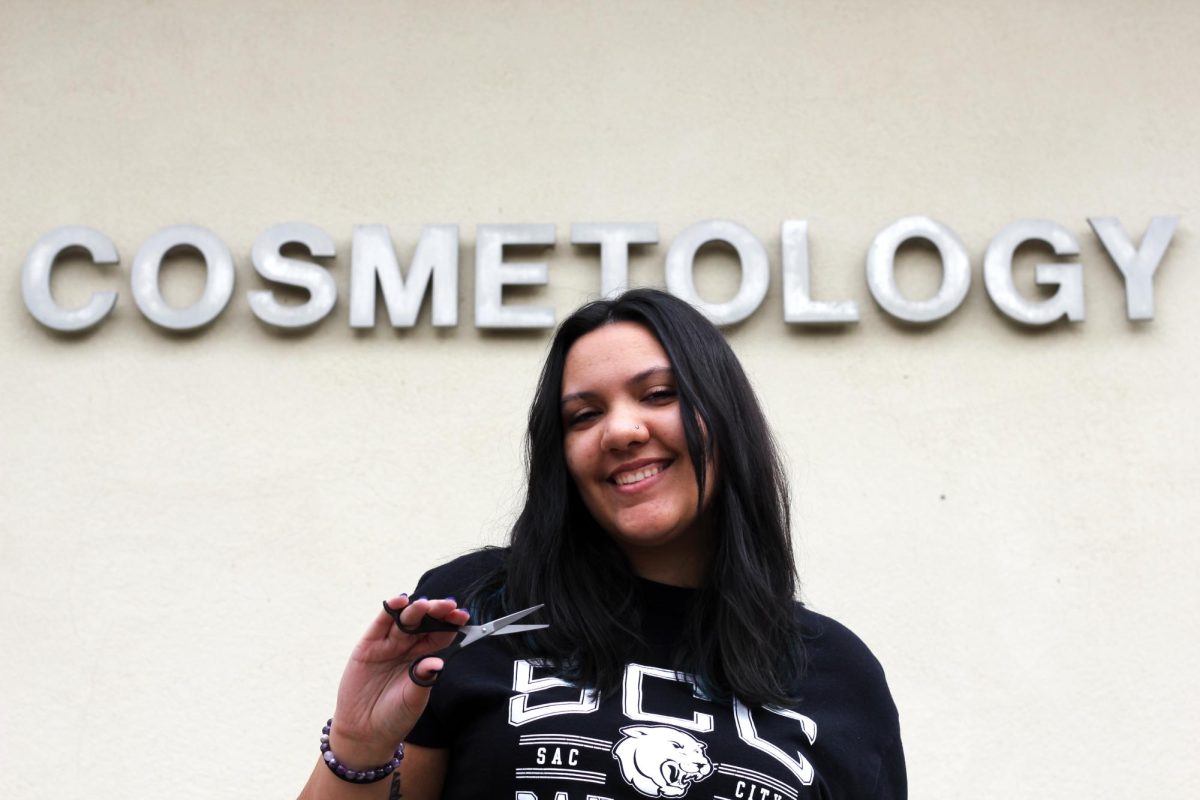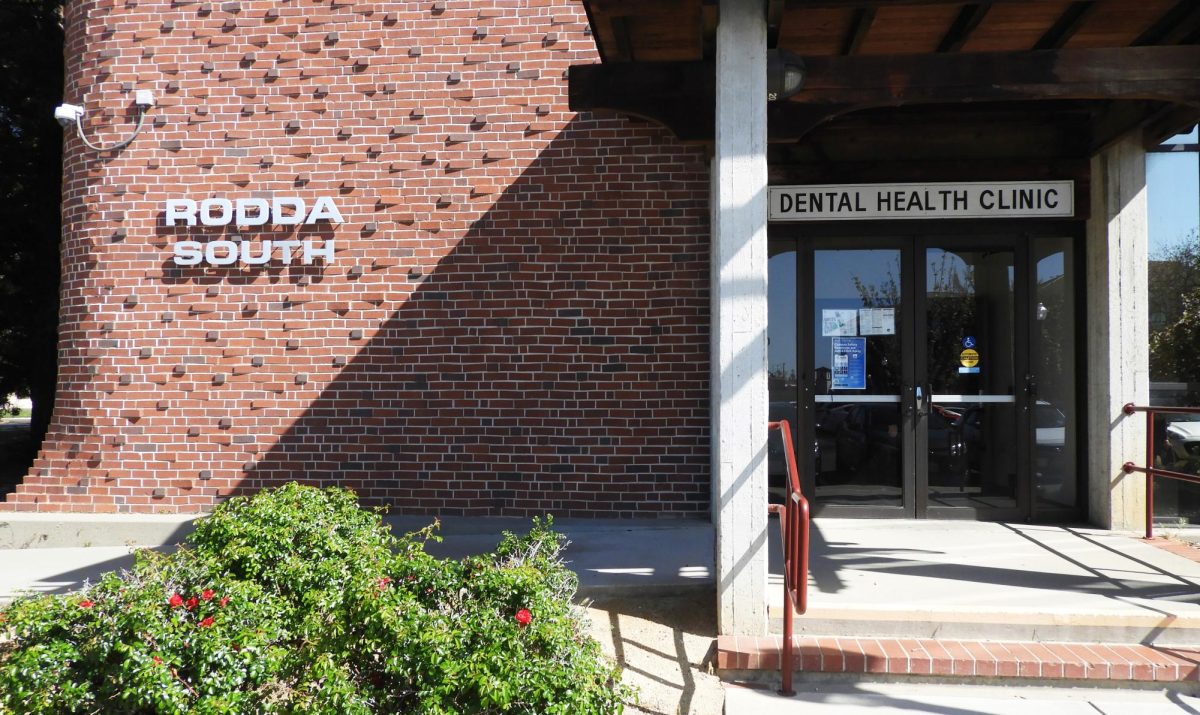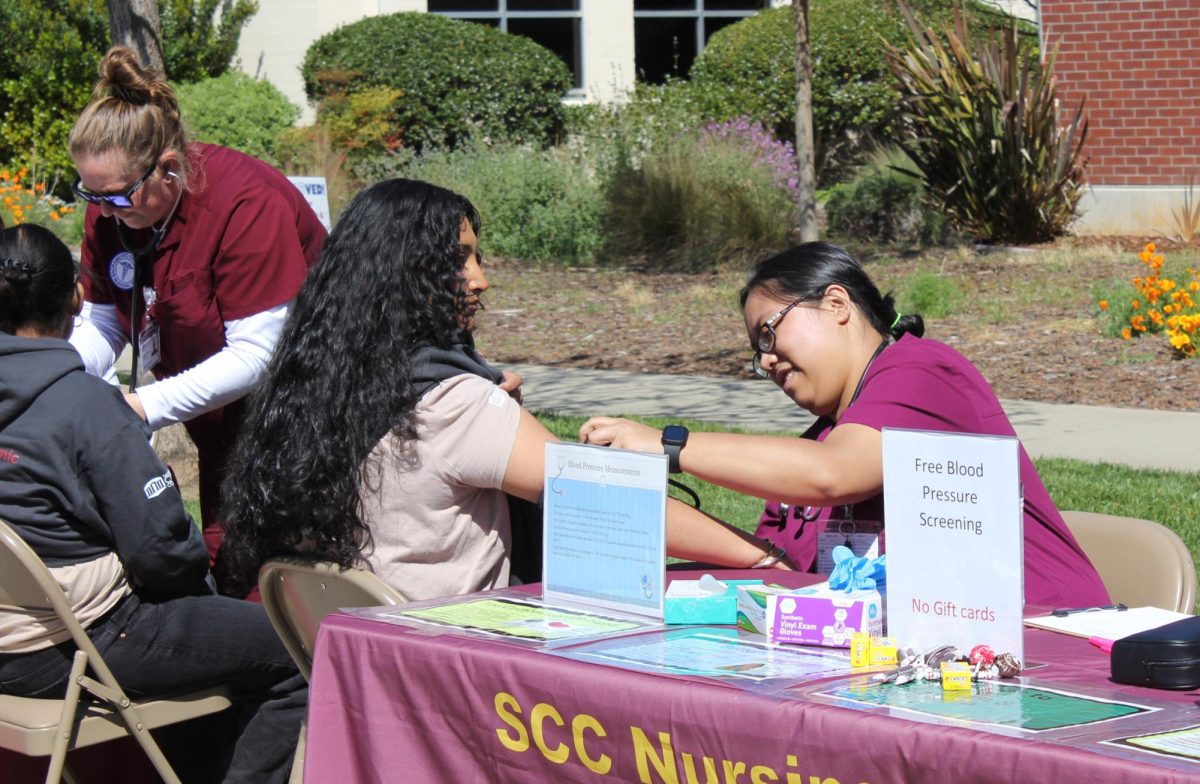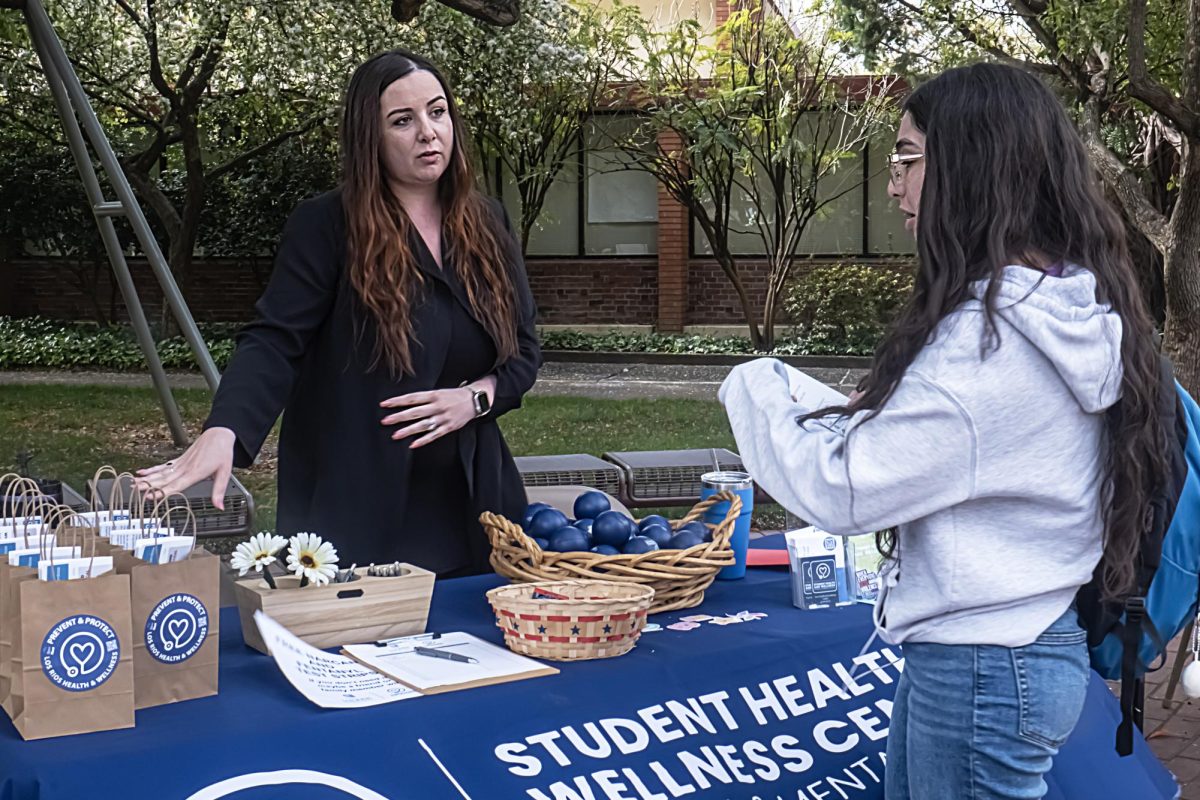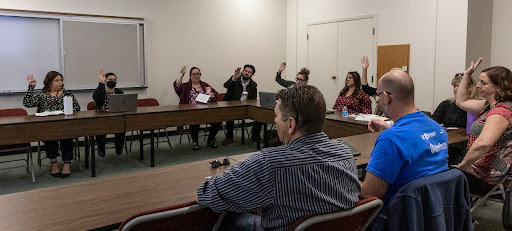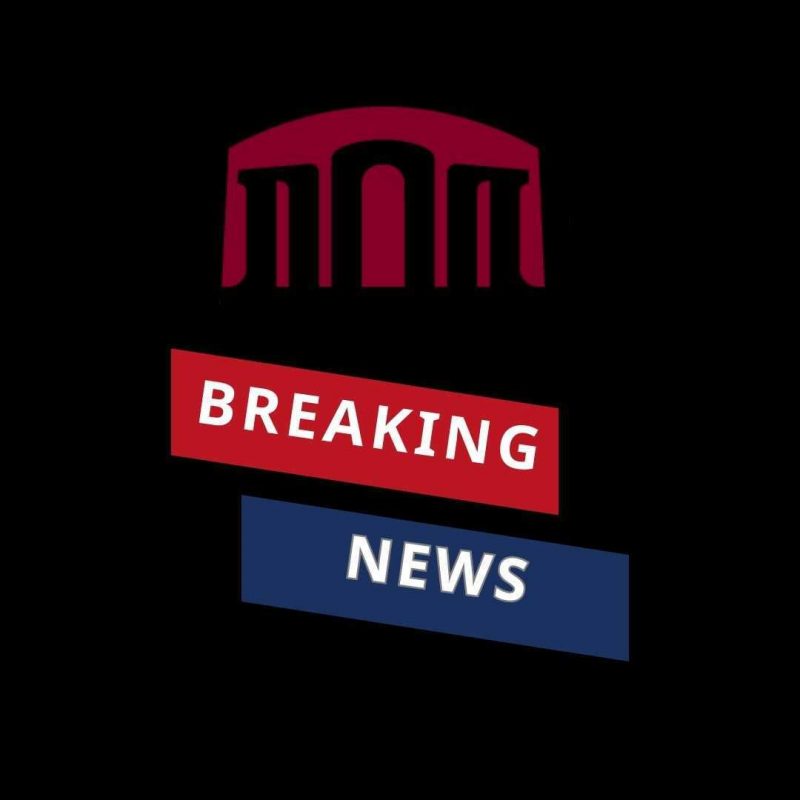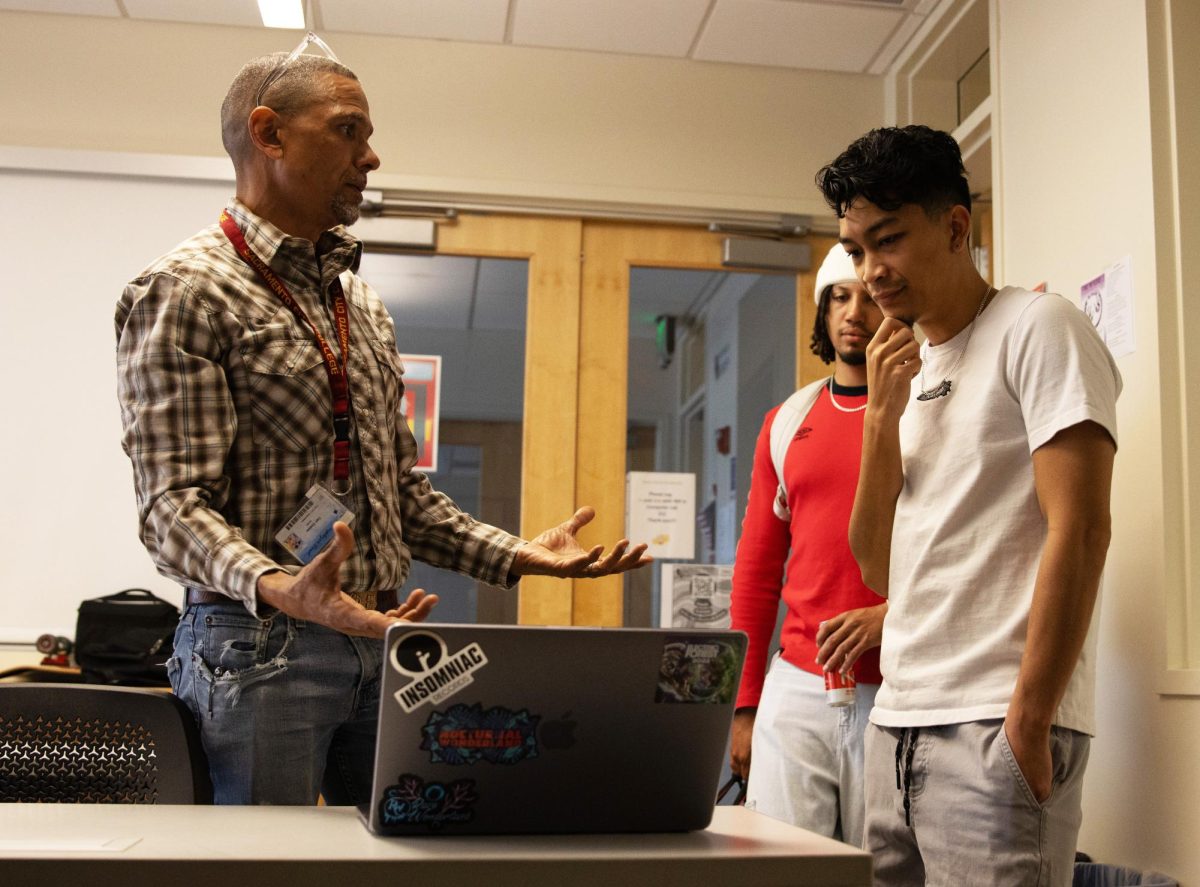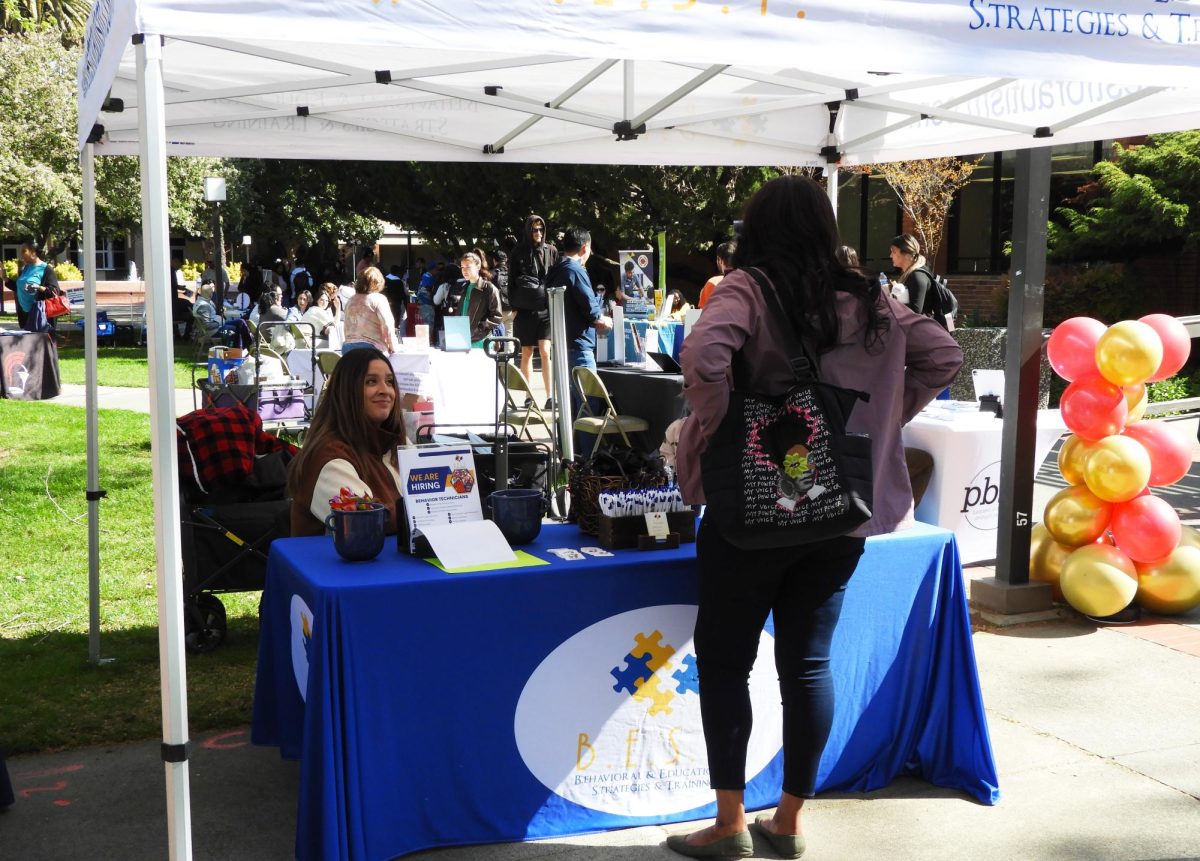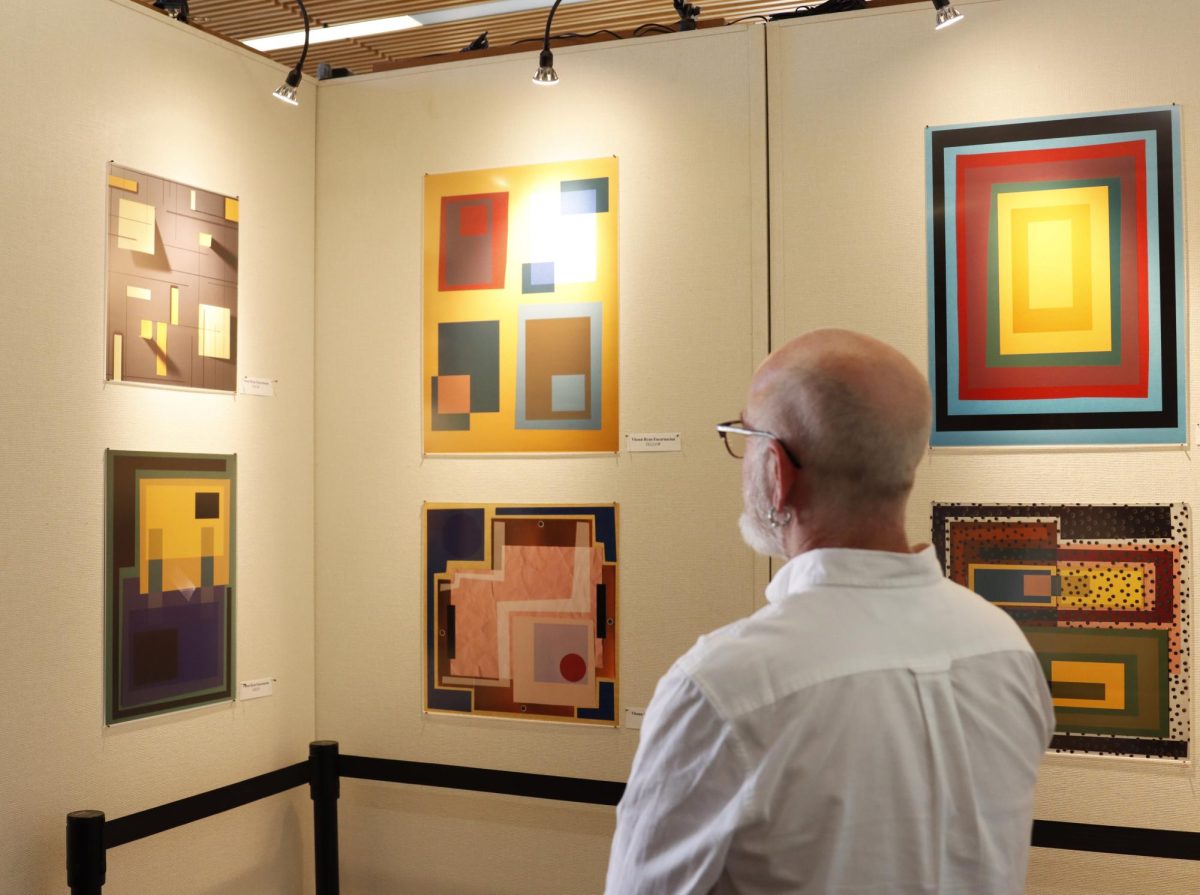Los Rios Community College District Chancellor Brian King announced on Oct. 4 via email to faculty that the district now prohibits the use of any human remains and Indigenous American cultural items at Los Rios colleges until a formal policy is established.
The issuing of an immediate moratorium includes the return of cultural items currently in the district’s possession to their proper burial site. The decision came as a result of growing recognition of the importance of confirming whether items historically belonging to Native American tribes were obtained ethically. The Los Rios NAGPRA website contains a FAQ page and specific language about the moratorium.
This comes decades after the Native American Graves Protection and Repatriation Act, NAGPRA, was enacted in 1990. According to the NAGPRA section of the Los Rios website, the act “requires federal agencies and institutions that receive federal funding to return Native American ‘cultural items’ to lineal descendants and culturally affiliated American Indian tribes, Alaska Native villages, and Native Hawaiian organizations.”
Discussions of the NAGPRA process were initiated at American River College, continued at other Los Rios campuses, and are still underway. The discussions are held in partnership with local Native American tribes in determining ethically obtained items and implementing a reparations policy.
“In the coming year, we expect to develop a new Los Rios policy through our established consultative process that lays out rules for the ethical procurement of human remains for instructional purposes,” King stated in the email to staff.
The Academic Senate voted to support the moratorium, along with laying out questions and concerns for the district to tackle, and Los Rios states that it is currently “reviewing a list of potential vendors for ethically obtaining human remains with documentation that the individual consented to the use of their remains for teaching, research, or similar purposes.”
Currently, faculty and instructional leaders are finding alternatives, such as digital and synthetic, to the use of human remains while maintaining academic standards.















